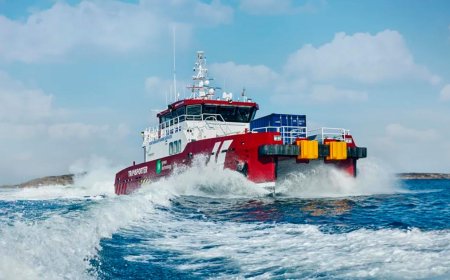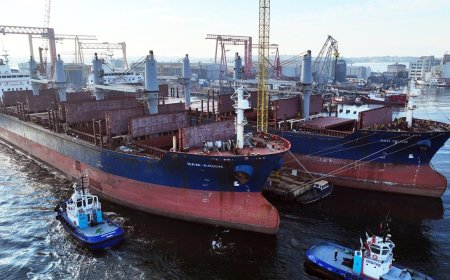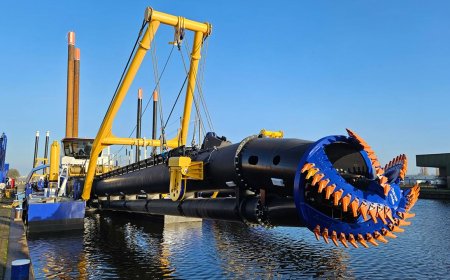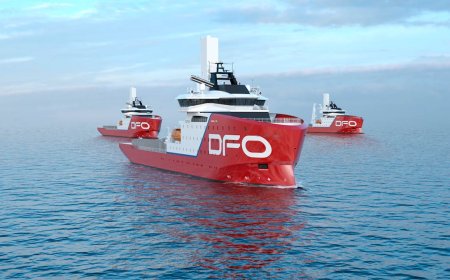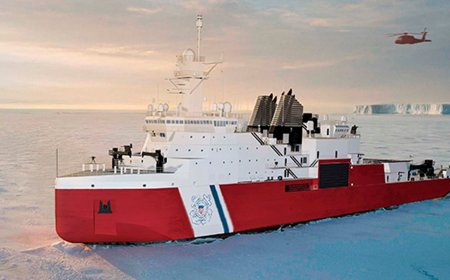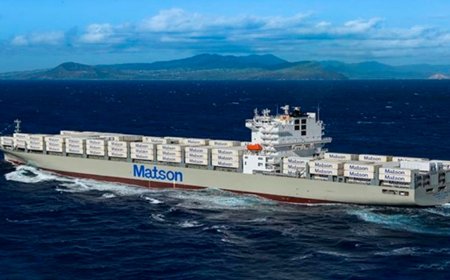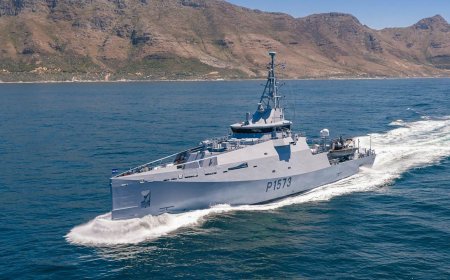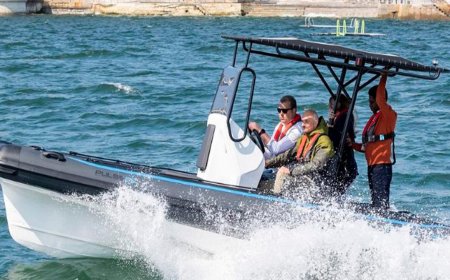University College Cork joins €3.3m EU wave energy research project
Wave and tidal energy is one of the last great opportunities for development of a significantly new renewable energy industry.
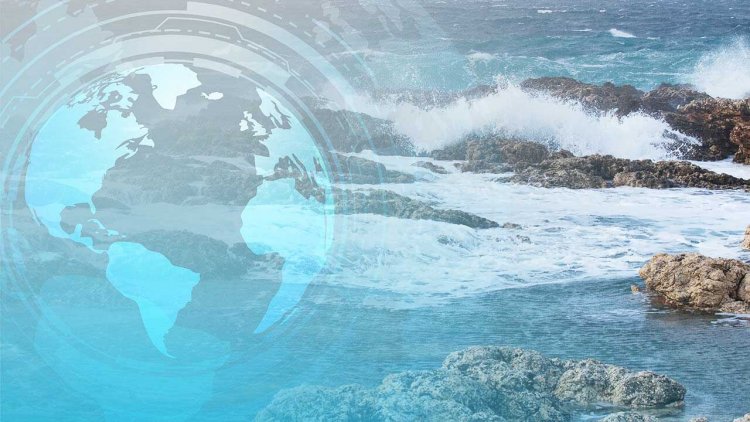
MaREI, the SFI Research Centre for Energy, Climate and Marine hosted by University College Cork has joined a new collaborative research and innovation project that will develop and demonstrate a next generation testing approach for Wave Energy Converters (WECs).
IMPACT (Innovative Methods for Wave Energy Pathways Acceleration through Novel Criteria and Test Rigs) aims to accelerate testing device development and reduce the technology cost as part of a global advancement in wave energy converter technologies. The three-year €3.3m project is funded by the European Union’s Horizon 2020 research and innovation programme.
In the IMPACT Project, MaREI will review the critical systems, components, failures and reliability of relevant WECs and will undertake Failure Mode Effects and Criticality Analysis (FMECA). The work will bring inputs from operation and maintenance models for wave energy technologies and will develop a quantitative model for studying the techno-economic aspects related to the wave energy sector.
In addition, an assessment of the potential positive and negative environmental effects from single devices to arrays of selected WEC types will be undertaken. This will help inform environmental assessment and consenting processes for WECs and subsystems of the test rigs.
If the challenging climate goals of the Paris Agreement are to be met, substantial investment in renewable energy technology is required now in order to make a difference. Wave and tidal energy is one of the last great opportunities for development of a significantly new renewable energy industry.
Wave energy has the theoretical potential to meet the world’s entire energy demand. The long-term vision of the International Renewable Energy Agency is to have a worldwide installed capacity of 337 GW by 2050, but the installed capacity in 2019 was just 531 MW.
European Energy Forum estimates conclude that wave energy could provide 10% of Europe’s power generation by 2050. However, radically different and slow development of present technologies limit that potential.
The Joint Research Center (JRC) of the European Commission (EC) identified cost reduction and reliability as the main challenges for the wave energy sector to achieve competitive electricity costs.
